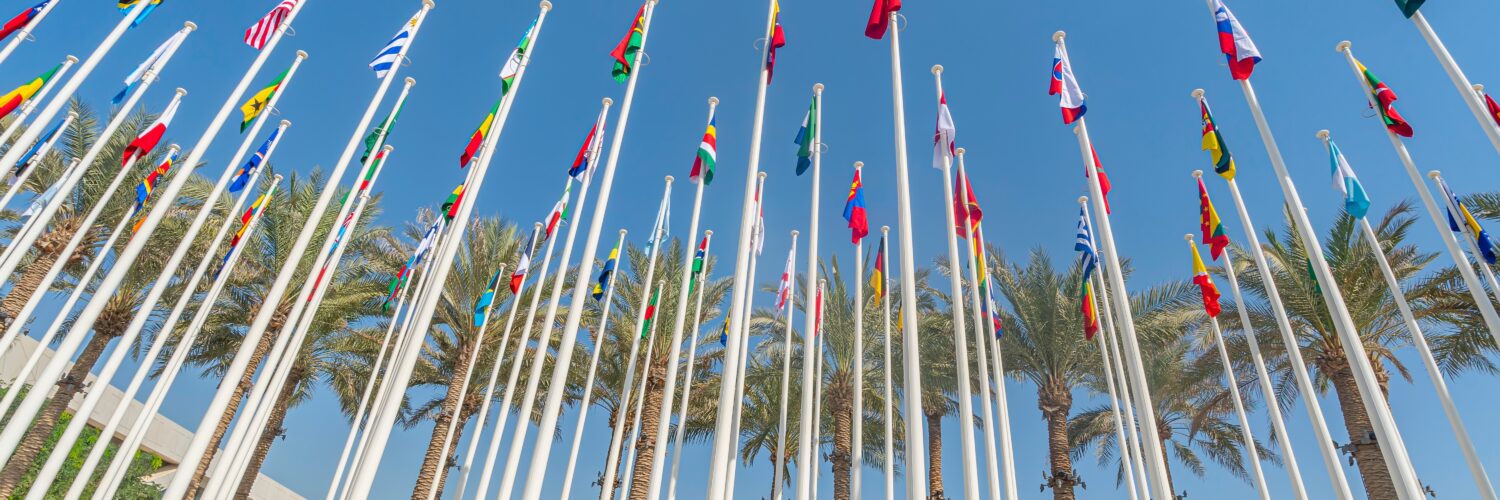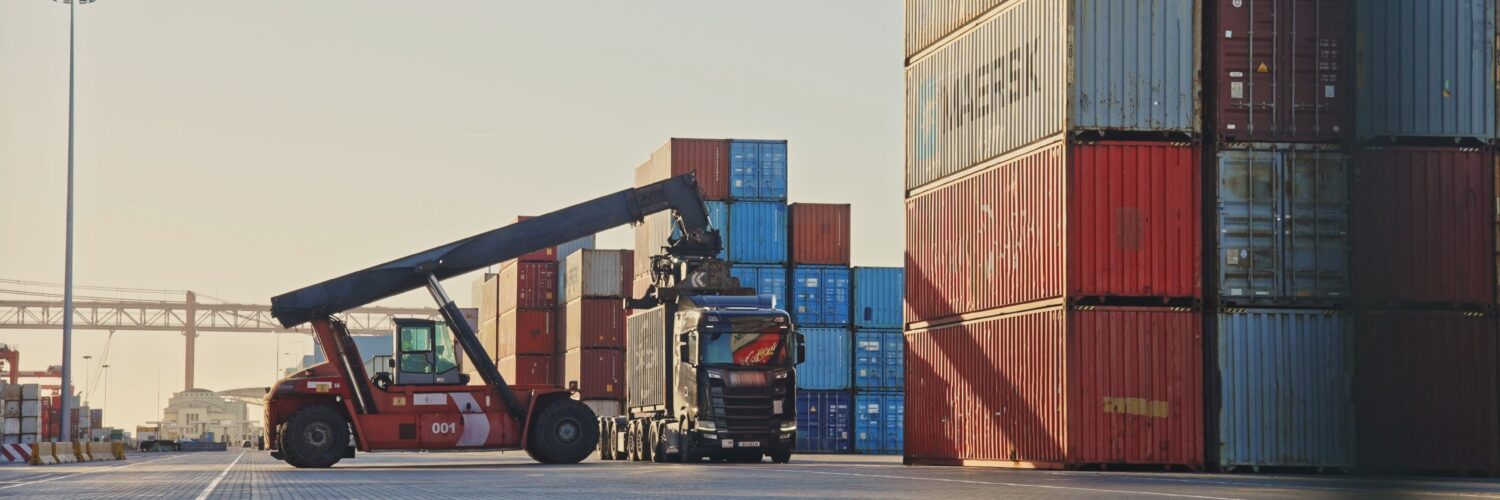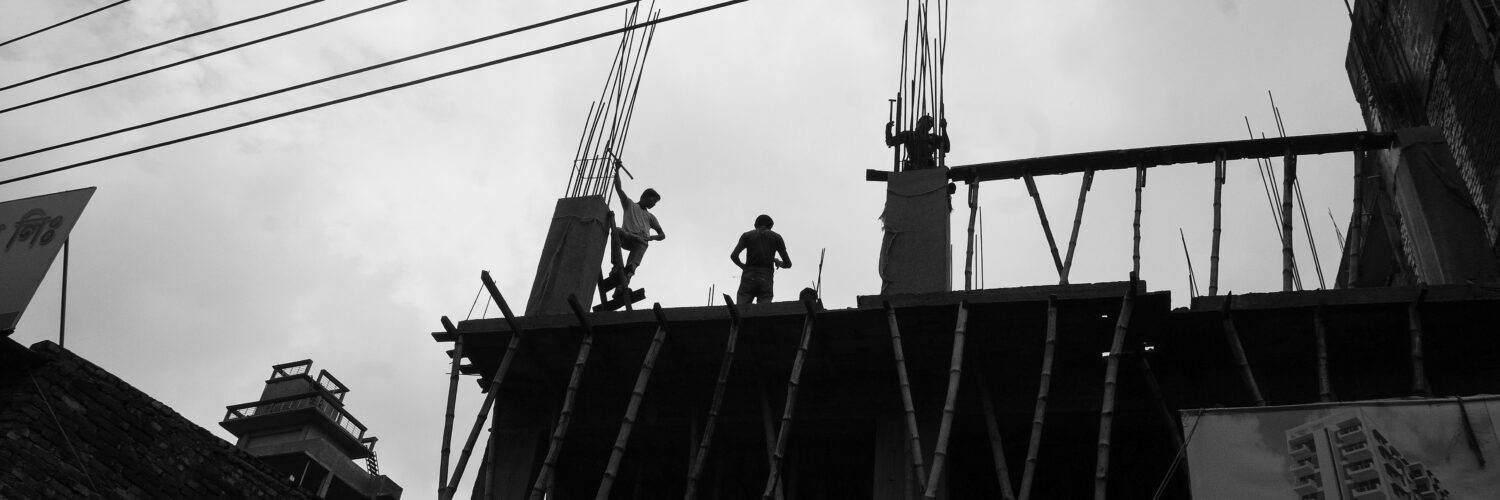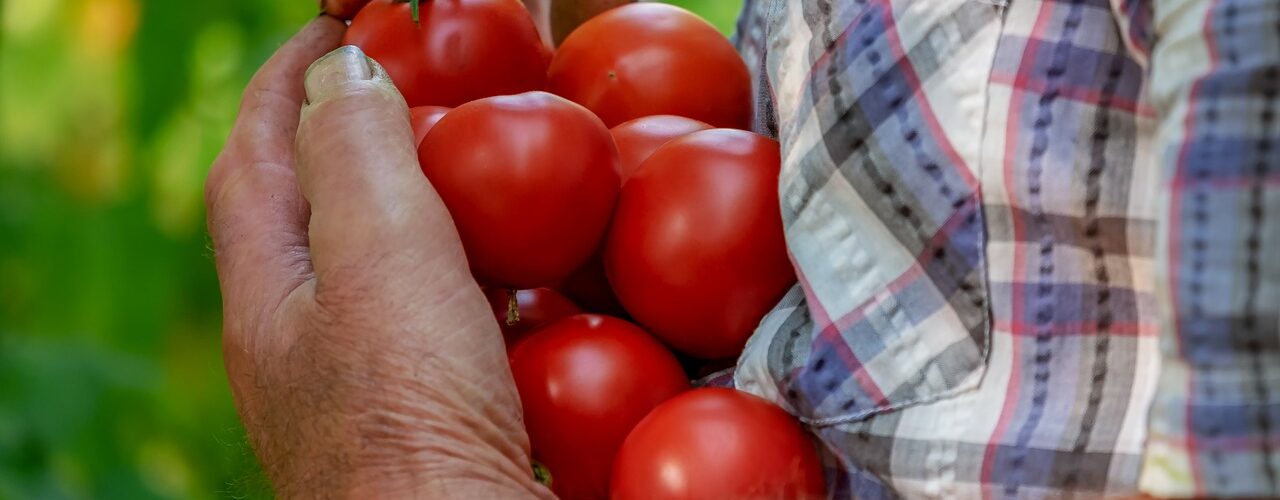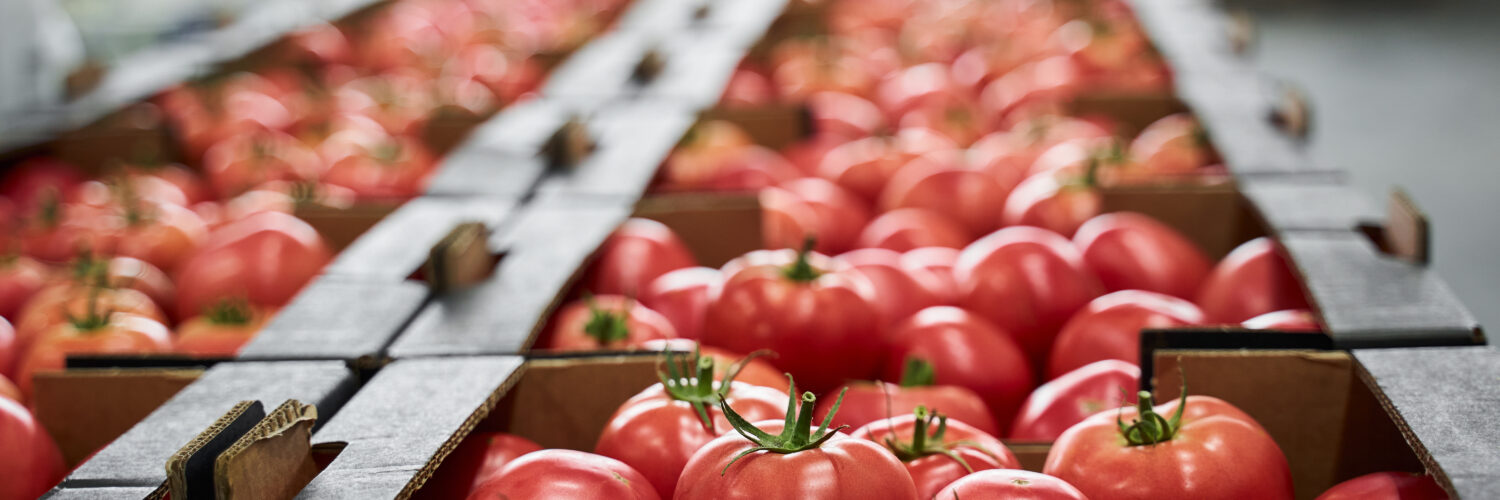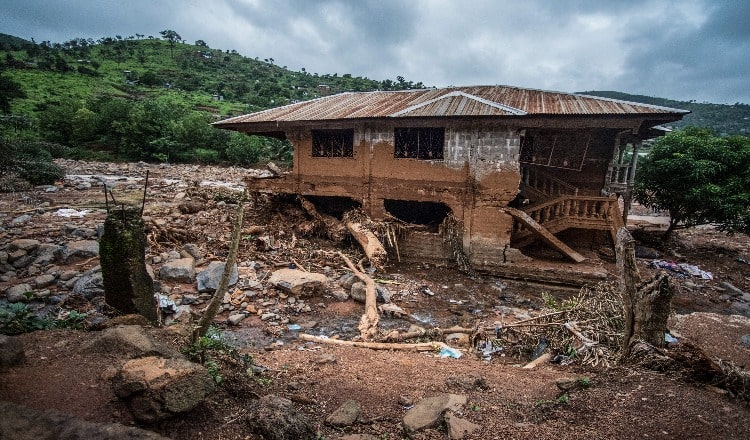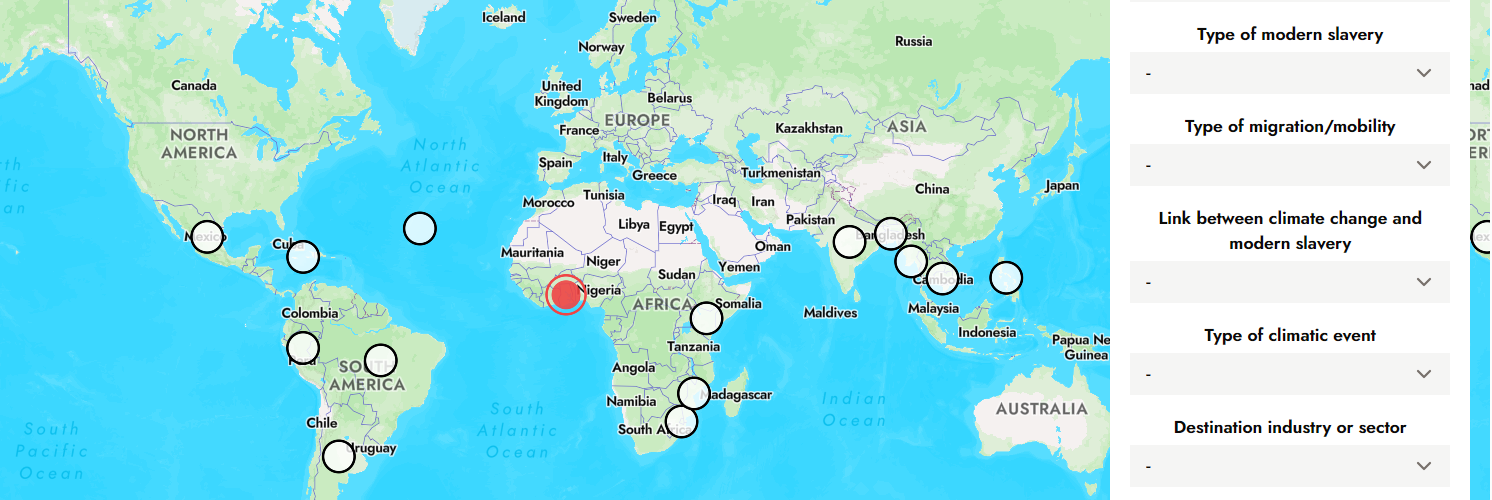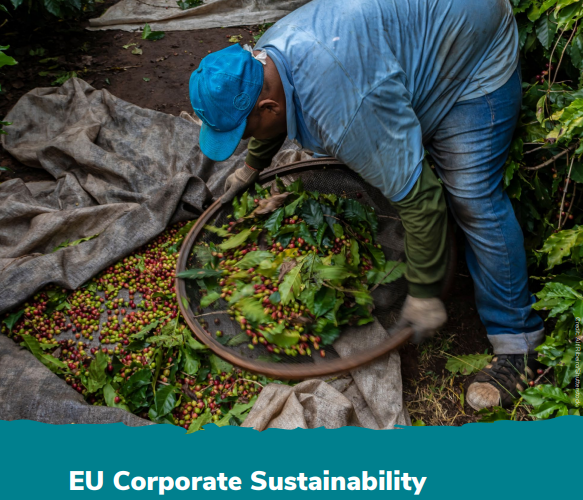Global South NGOs warn that EU Omnibus proposal negotiated without them will bring harm to their communities
Brussels, 18 February 2025 – Today, 75 NGOs from the Global South release a joint statement expressing deep concern over reports that the European Union (EU) may weaken its key corporate accountability law, the Corporate Sustainability Due Diligence Directive (CSDDD). They caution that the opaque process, driven by corporate interests, has excluded communities in the Global South who are most impacted by corporate abuse. Keep reading »
